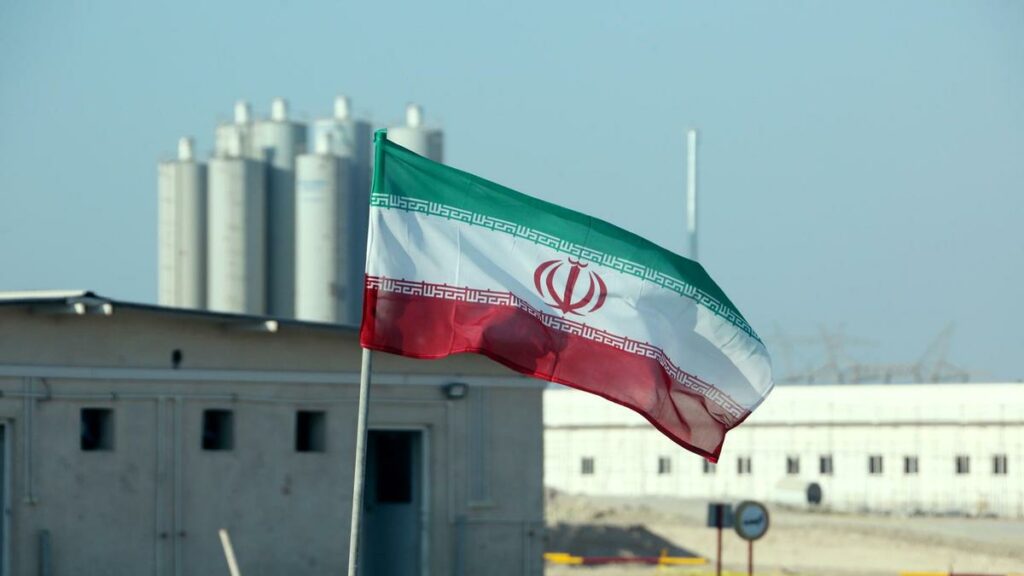The UN atomic energy watchdog chief said Tuesday that he was “extremely concerned” about Iran’s lack of cooperation as the EU seeks to unblock talks to revive the 2015 nuclear deal.
Talks between world powers and Iran have stalled since mid-March as negotiators seek to return to the landmark accord that curtailed the Islamic republic’s nuclear program in exchange for sanctions relief.
The International Atomic Energy Agency (IAEA) is “trying to clarify a number of still open matters with Iran”, agency head Rafael Grossi told a European Parliament committee.
“I am referring to the fact that we, in the last few months, were able to identify traces of enriched uranium in places that had never been declared by Iran as places where any activity was taking place,” he said.
“The situation does not look very good. Iran, for the time being, has not been forthcoming in the kind of information we need from them… We are extremely concerned about this,” he said.
EU diplomat Enrique Mora, who chairs the negotiations, said he was on his way to Tehran Tuesday as the United States — which is seeking to come back to the deal it unilaterally left in 2018 — voiced hope for progress.
Mora tweeted he would hold talks with Ali Bagheri, Iran’s chief nuclear negotiator, and other officials.
“Work on closing the remaining gaps of this negotiation continues,” he said.
The IAEA and Iran announced in March that they had agreed an approach for resolving issues crucial to reviving the 2015 nuclear accord.
At the time, Grossi said the UN agency and Iran had “decided to try a practical, pragmatic approach” to overcome “a number of important matters.”
Some documents are to be exchanged between the two sides by May 22.
The aim is to settle outstanding questions that the IAEA has about the past presence of nuclear material at undeclared sites in Iran.
Iran “should be at the top of our preoccupations in spite of the drama that is unfolding in the Ukraine,” Grossi said Tuesday, referring to Russia’s invasion of its neighbor.
He said talks to revive the nuclear deal were “at a sort of pause” but the Vienna-based IAEA was “of course still hopeful that some agreement is going to be reached within a reasonable timeframe.”
“Although we have to recognize that the window of opportunity could be closed anytime,” he added.



